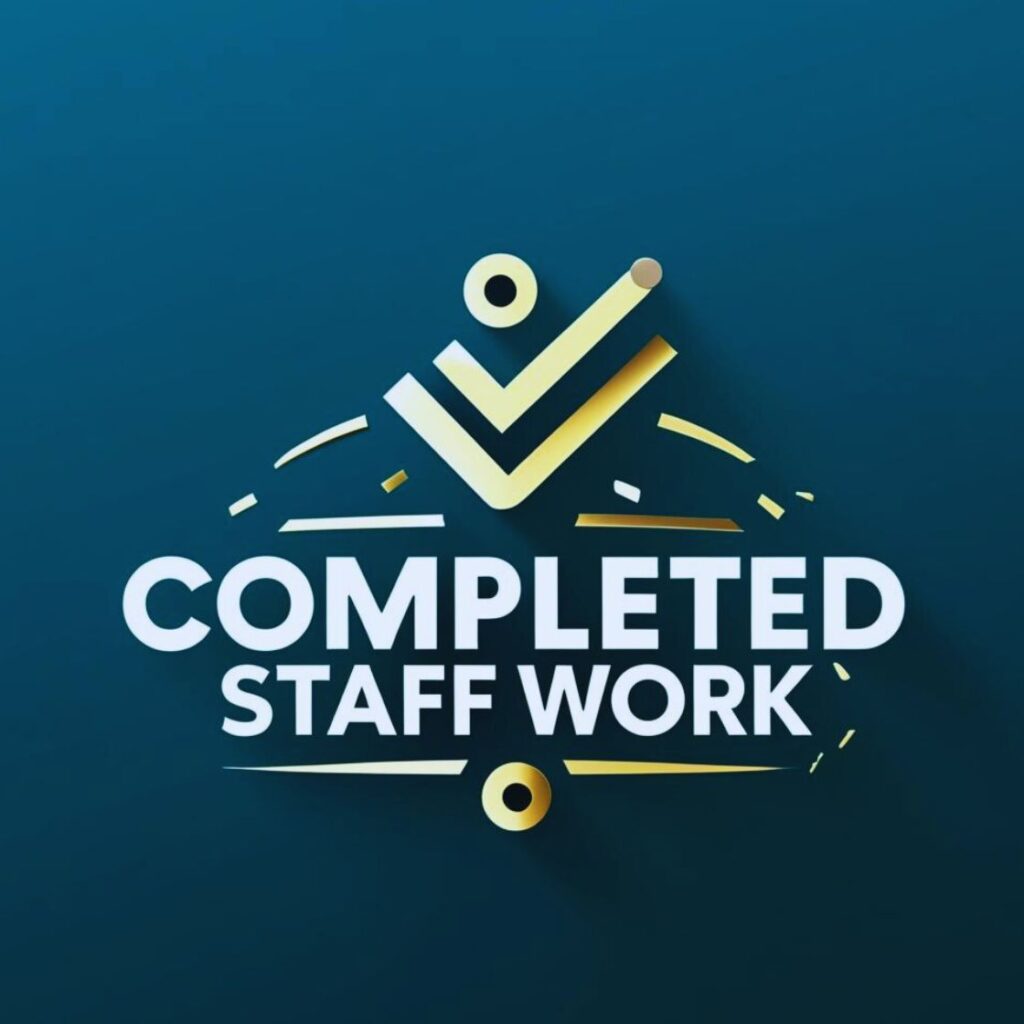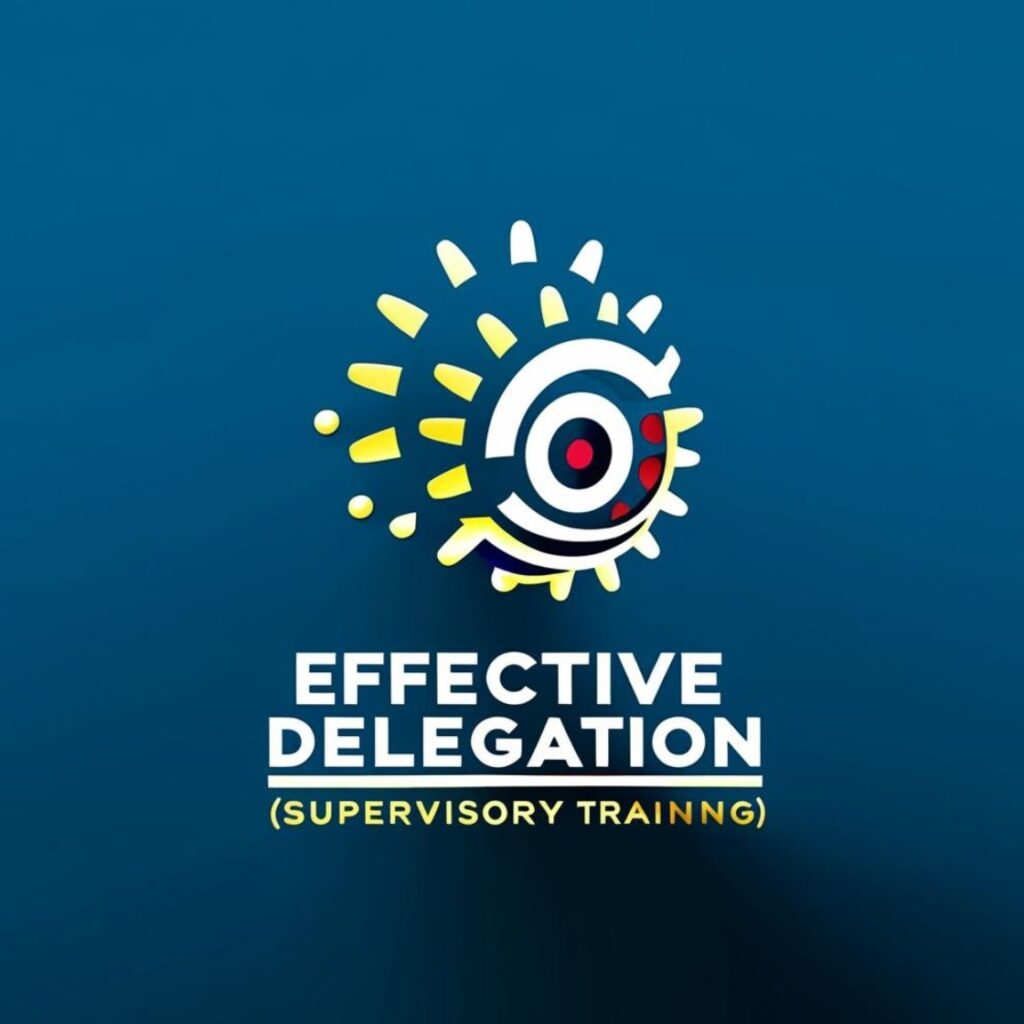Supervision is an essential element of a functioning workplace. As a supervisor, you’re not just a manager, but a leader, a mentor, and a guide. Your role involves directing and overseeing the work of your team members to ensure that job performance meets or exceeds standards.
You are a critical link between the front-line staff and higher management, and your skills and abilities can significantly impact your team’s morale, productivity, and overall success.
The Challenges and Rewards of Supervision
Becoming a supervisor comes with a unique set of challenges. You may need to navigate interpersonal conflicts, manage different personalities, motivate team members, and make tough decisions.
But along with the challenges come the rewards. You’ll have the opportunity to shape a positive workplace culture, guide your team towards achieving goals, and contribute to the success of your organization.
You will also have the chance to grow personally and professionally, developing leadership skills that will benefit you throughout your career.
I am here to help you face these challenges and reap the rewards. Throughout this hub, you’ll find resources, best practices, and advice that will support your journey.
Again, welcome to the hub! I’m excited to be part of your supervisory journey.

What is supervision?
Supervision refers to the action, activities, and process that involve a supervisor engaging, monitoring, and interacting with direct reports to ensure the effective delivery of work. A supervisor has authority over direct reports and is accountable for their results.
Overseer is the direct translation of the Latin origin of the word supervision.
The word paints a picture of you, the supervisor, watching from above to ensure that lazy slaves or slow workers continue working, so the promised jobs get delivered on time.
Even today, some supervisors think that their main job is to watch those who are doing wrong or doing nothing.
Supervision is often a messy business that requires practical problem-solving skills. We cannot always predict how people will respond to us, but there are proven ways to educate, encourage, influence, and inspire them. If you want to find practical advice on how to become a great supervisor, there are proven and practical ways to get started.
What is a supervisor?
The word supervisor refers to your immediate superior in the workplace. You report directly to a supervisor. In the Philippines, it is typical to call a first-line manager a supervisor.
If you are directly reporting to someone, to a project manager, then the project manager is your supervisor. If you are directly reporting to the CEO of the company, then the CEO is your supervisor.
Supervisors are responsible for employees’ performance, potential, and readiness.
Supervisors need skills like decision-making, problem-solving, planning, delegation, and meeting management.
Supervisors are responsible for building teams hiring new employees, training and coaching employees, designing job roles, and many more.

Read: What Leadership Is: How to Become A Good Leader
Key Purposes of Supervision
The purpose of supervision is to monitor tasks, balance workload, solve problems, resolve conflict, and guide directs in dealing with complex situations.
Both the supervisor and direct reports are accountable for improving practice and performance. The most important job of the supervisor is to help everyone he leads to succeed.
Two Types of Supervision
The two types of supervision are direct and indirect supervision.
You do direct supervision when you work directly with your subordinates. Before Covid-19, most direct supervision is face to face. Then, it became virtual.
You can be a hands-on supervisor even with remote workers. We find ways because we have to ensure that our people continue growing.
You need direct supervision when you are giving instruction, training, coaching, and mentoring your staff.
You do indirect supervision to ensure that assigned work is done. You can be monitoring performance via project management tools or emails.
You can do this daily, weekly, or monthly.
Indirect supervision works well with self-directed individuals. I do not need to spend much time with them. However, I have to ensure that they get things done through timely check-ins and performance monitoring.

Supervisor’s Toolkit: 15 Easy Steps to Outshine at Work

10 Tips for First-Time Supervisors
Why is supervision important?
Since you reach this far, I believe you are interested to learn more. So, as a way of wrapping up this article, allow me to give you eight reasons why excellence in supervision is important.
Employee Development: Great supervisors help employees develop their skills and competencies. They provide constructive feedback, identify areas for growth, and support their teams in developing their full potential.
Performance Improvement: Effective supervision can lead to improved team performance. Supervisors are responsible for setting goals, tracking progress, and ensuring that team members are effectively working towards those goals.
Retention: Good supervision is a key factor in employee satisfaction and retention. Employees are more likely to stay with a company if they feel they are being well-managed and supported.
Team Morale: A supervisor who excels in their role will foster a positive team culture, which can boost morale and productivity.
Decision Making: Excellent supervisors make informed decisions that impact not only their team but the overall organization. Their ability to make good decisions can influence the success of projects, initiatives, and the company’s bottom line.
Risk Management: Supervisors play a crucial role in managing risks. They ensure that the team follows company policies and adheres to regulatory requirements, helping to mitigate potential legal and financial risks.
Organizational Success: Effective supervision contributes to the overall success of an organization. It helps create a productive, engaged, and motivated workforce, which can lead to better outcomes for the company.
Career Progression: For individuals, pursuing supervision excellence is important for career progression. Effective supervisory skills can lead to promotions and other opportunities within the organization.
There you go. You have now more opportunities to become a better supervisor. Pick a good idea and use it to help employees succeed.
Essential Skills for Supervisors
Being an effective supervisor requires a wide array of skills. These are abilities that facilitate effective communication, decision-making, problem-solving, leadership, and more, enabling you to guide your team successfully.
I’ve identified 18 key supervisory skills that are crucial for success in any industry.
To fully understand these skills and learn how to develop them, I recommend the comprehensive guide, 18 Essential Supervisory Skills.
In the meantime, here’s a snapshot of why these skills are important and some quick tips to start developing them:
Why Are Supervisory Skills Important?
Supervisory skills are the lifeblood of effective management. They not only ensure the smooth operation of your team but also help create a positive, productive work environment.
As a supervisor, your skills directly impact your team’s morale, performance, and job satisfaction.
Having a robust set of supervisory skills can make you a more effective leader and greatly contribute to your professional growth.
Quick Tips for Developing Supervisory Skills
- Continuous Learning: Always be open to learning. Attend workshops, read books, follow industry leaders, and take courses to continuously improve your skills.
- Feedback: Actively seek feedback from your team and superiors. This can offer valuable insights into areas you may need to improve.
- Practice: Skills develop with practice. Take every opportunity to utilize your supervisory skills, whether in everyday tasks or specific projects.
- Reflection: Regularly reflect on your actions, decisions, and their outcomes. This can help you identify what’s working and what needs improvement.
- Mentorship: Consider finding a mentor who can guide you through your supervisory journey. This can provide personalized advice and insights based on their experiences.
- Patience: Developing skills takes time. Be patient with yourself and recognize that each step, no matter how small, brings you closer to becoming a more effective supervisor.
Remember, our detailed guide on How to Develop Supervisory provides an in-depth look into these tips and more. Developing strong supervisory skills is a journey, and we’re here to support you every step of the way.

18 Top Skills for Supervisors

10 Effective Ways to Develop Supervisors

Train Supervisors

Supervisors: Adopt a Systematic Problem-Solving

Feedback: An Important Tool for Supervisors & Managers

Supervisor training beliefs (that do not help)

Effective Supervisors Solve Problems in 7 Steps

What are leadership Skills? (28 skills that will keep you ahead.)

Teamwork Makes the Dream Work
Leadership Development
Leadership development is a systematic process aimed at expanding the capacity of individuals to perform leadership roles and functions within an organization.
This process often involves various forms of learning, such as training programs, workshops, and coaching, to foster leadership skills like effective communication, strategic thinking, problem-solving, decision-making, and team building.
As a supervisor, you are a key leader within your organization. Leadership development is crucial for supervisors because:
- Boosts Performance: By developing your leadership skills, you can guide your team more effectively, which can lead to improved performance and productivity.
- Enhances Decision-Making: Leadership development can equip you with the skills to make sound decisions, manage risks, and solve problems more effectively.
- Fosters a Positive Culture: Effective leaders can foster a positive work culture that promotes collaboration, engagement, and job satisfaction among team members.
- Facilitates Succession Planning: Leadership development ensures there’s a pipeline of skilled individuals ready to step into larger roles when needed.
Great organizations understand the value of nurturing leaders at every level, including supervisors.
They invest in leadership development because they recognize that strong leaders are the driving force behind successful teams and, ultimately, a successful organization.
To aid your journey of leadership development, I’ve designed supervisory training programs that can help you grow and succeed in your role.
Articles on Supervision
No posts
Articles on Supervision
This website offers valuable articles that can help you improve your supervisory skills. Explore new insights, strategies, and tools that can help you lead people.
To Lead By Example. Supervisors need to set examples for others. That means their actions and words are the best expressions of what they want from people.
- 18 Awesome Skills for Supervisors. We explored supervisory skills training because we understand the value of skills as the enabler of performance. If you want to get ahead and do your job as a supervisor, I encourage you to explore these 18 skills.
- Top 17 Qualities of Good Leaders. People follow leaders whose characteristics they admire. Explore the admirable qualities of good leaders. Discover ways to demonstrate these qualities in your daily practice as a supervisor.
- Enable Others to Act. Good supervisors explore many ways to help employees get things done. The supervisor is a coach, trainer, and mentor. Enabling others to act is a vital behavior of breakthrough leaders.
- First Time Supervisors: 10 Tips for Success
- Effective Supervisors Solve Problems. Learn how to solve problems in seven simple steps.
- Personal Development Plan in 4 Easy Steps. Find out how you can design a personal development plan that you can execute.
- Personal Development for Beginners. A supervisor must be mindful of self-development. This guide will help you pay more attention to your self-improvement goals.
- 50 Self-Improvement Ideas for Awesome Success. These are practical tips on how you can pursue self-improvement. Pick one of the 50 ideas in this article.
- Why Supervisor Training Is So Important? The short answer is that it solves many problems.
- Why do Managers Need Training? This article highlighted ten workplace supervision effects. Number 8 is reduced profitability. Do you want your company to earn more? Then, take care of supervisory development.
- 21 Key Benefits of Leadership Training. Yes, I can list dozens more. But if you want to convince your boss that leadership training is important, read this post.
- Get and Recieve Feedback. Your ability to listen will enhance your effectiveness as a supervisor. You will intervene in the day-to-day work of your people. Giving and receiving feedback ensure that people are fully aware of their actions.
- Training Beliefs of Supervisors. Many supervisors do not value training. They have many reasons for not sending a supervisor to new training opportunities. Most of these reasons prevent them from succeeding.
If you want to learn more, go to the Zero to Hero blog.



